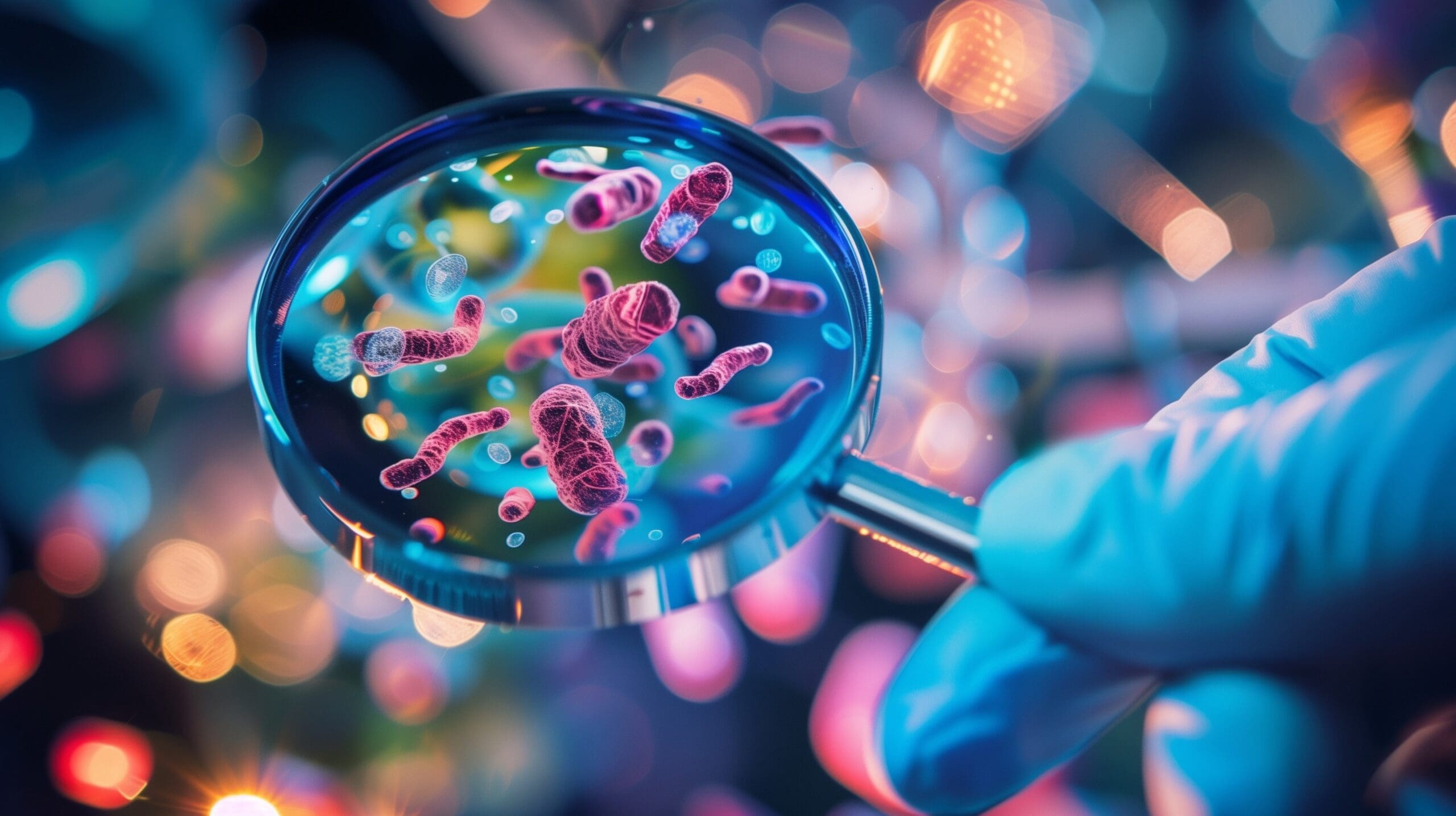Healing your gut may help your autoimmune disease
By naturopath Margaret Jasinska
Do you know why some people develop autoimmune disease? There are a number of risk factors: genetic predisposition, leaky gut, diet, stress, infections and environmental chemicals. The health of your gut lining and the composition of your gut bugs are significant contributors. Having unbalanced gut bugs or having an abnormally high number of microbes can create a leaky gut and a range of health problems even if you have a very healthy diet.
Dysbiosis (unbalanced gut bugs) and Small Intestinal Bacterial Overgrowth (SIBO) are common initiators of an autoimmune disease, or a flare up of an existing condition. SIBO is defined as an increased number and/or abnormal types of bacteria in the small intestine. The condition encompasses yeast overgrowth such as Candida too. That’s particularly common in people who have used antibiotics in the past.
You are not supposed to have a lot of bacteria in your small intestine. This part of your intestine is designed for nutrient digestion and absorption. Most of the bugs in your gut are supposed to live in your colon (large intestine). How does the bacteria end up in your small intestine? It can either travel upwards from your colon, or downwards from your mouth. The far more common scenario is where the bugs travel up from your large intestine. Having too much bacteria here can make you feel bloated and it can cause symptoms of irritable bowel syndrome such as abdominal cramps, gas, diarrhoea or constipation. In fact, most people with irritable bowel syndrome actually have SIBO.
The lining of your small intestine is very thin and fragile. It can easily be compromised. The excess microbes in the small intestine of someone living with SIBO cause inflammatory damage to the lining of the gut. The damaged, leaky gut now absorbs intestinal waste into the blood. Waste products get into your bloodstream and travel straight to your liver. It’s not surprising to learn that SIBO is a strong contributing factor to liver inflammation and fatty liver. Glutamine is an amino acid that helps to soothe and repair a leaky gut and is very important for anyone with gut bug imbalances or an autoimmune condition.
The following symptoms may indicate you have a gut bug imbalance
- Fatigue
- Having an autoimmune condition, food allergies or sensitivities.
- Having an inflammatory condition, marked by pain, stiffness or swelling.
- Nutrient deficiencies, particularly iron deficiency, B 12 and vitamin D deficiency.
- Muscle cramps, spasms or restless legs syndrome. Muscle cramps and spasms are usually caused by magnesium insufficiency due to malabsorption. Iron deficiency and vitamin E deficiency are strongly correlated with restless legs syndrome as well.
- Liver inflammation (raised liver enzymes), or a fatty liver.
- Joint pain
- Fibromyalgia
- Skin problems, such as eczema, acne rosacea, psoriasis, rashes or itchy skin.
- Irritable bowel syndrome, coeliac disease that doesn’t resolve on a gluten free diet, or inflammatory bowel disease.
- Strong sugar or carbohydrate cravings. The excess bacteria and yeast in the small intestine need carbohydrate in order to survive, so you’re likely to have big cravings for these foods.
How to resolve gut bug problems
Treatment may include herbal antimicrobials, prescription antibiotics and diet changes (gluten and dairy free, low carbohydrate and low FODMAP diet). It’s also important to work on improving digestive health and liver health, otherwise SIBO can recur. People with SIBO usually don’t produce enough hydrochloric acid in their stomach and they do not produce enough digestive enzymes or bile. These can be taken in supplement form, and drinking some diluted apple cider vinegar before meals helps support stomach acid production.
It is very important not to get constipated, as this encourages the overgrowth of microbes in the intestines. Some people improve on a higher fibre diet, while others get worse. The fibre in Fibretone powder is gentle and non-irritating to the gut lining. It helps to prevent old faecal material from accumulating in the intestines. The composition of your gut bugs influences how often you go; people with excess methane production in their gut are prone to constipation, while those who over produce hydrogen are prone to diarrhoea. SIBO and dysbiosis can be difficult to overcome, but they are important to address because if the gut is leaky and inflamed, autoimmune disease usually cannot be resolved. For more information about gut health and the immune system, see our book Healing Autoimmune Disease: A plan to help your immune system and reduce inflammation.









Leave A Comment